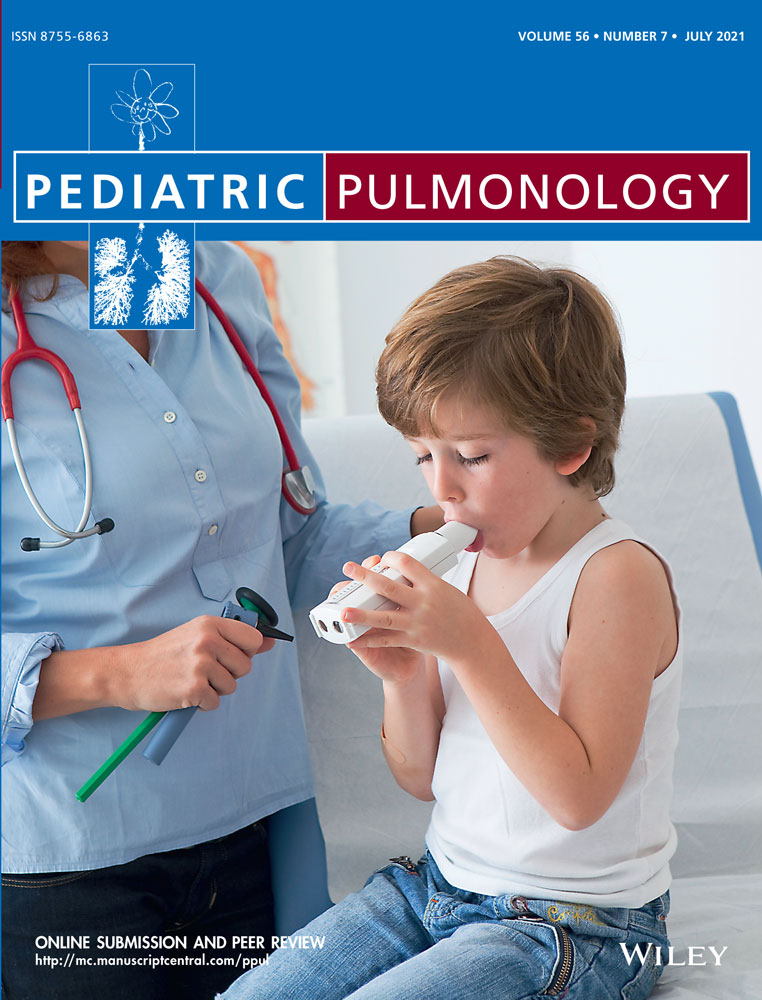Respiratory setback associated with extubation failure in extremely preterm infants
Abstract
Background and Objectives
Extubation failure in preterm infants is associated with an increased risk of mortality and morbidity. There is limited evidence to suggest if the increased morbidities are due to inherent differences among infants who fail or succeed; or whether these are due to a true respiratory setback among those who fail extubation. The aim of this study was to evaluate the respiratory status of infants who fail extubation and to assess the time taken for these infants to achieve pre-extubation respiratory status.
Methods
This was a retrospective study of infants with birth weight ≤ 1250 g who were born between January 2009 and December 2016. Infants were eligible if they failed first elective extubation. Extubation failure was defined as need for re-intubation within 5 days of extubation. Ventilator settings, blood gas parameters, respiratory severity score (RSS), and ventilation index (VI) were used to assess the respiratory status of infants.
Results
Out of 384 infants, 76% were successful and 24% failed extubation. Among those who failed extubation 91%, 77%, and 56% infants remained intubated at 24 h, 72 h, and 7 days, respectively. Respiratory status was worse at 24 and 72 h after re-intubation when compared to pre-extubation levels. The median times for RSS and VI to reach pre-extubation levels were 4 and 7 days, respectively.
Conclusion
Among preterm infants, failed elective extubation is associated with a significant setback in the respiratory status. Infants who fail an extubation attempt may not achieve pre-extubation respiratory status for many days after reintubation.




